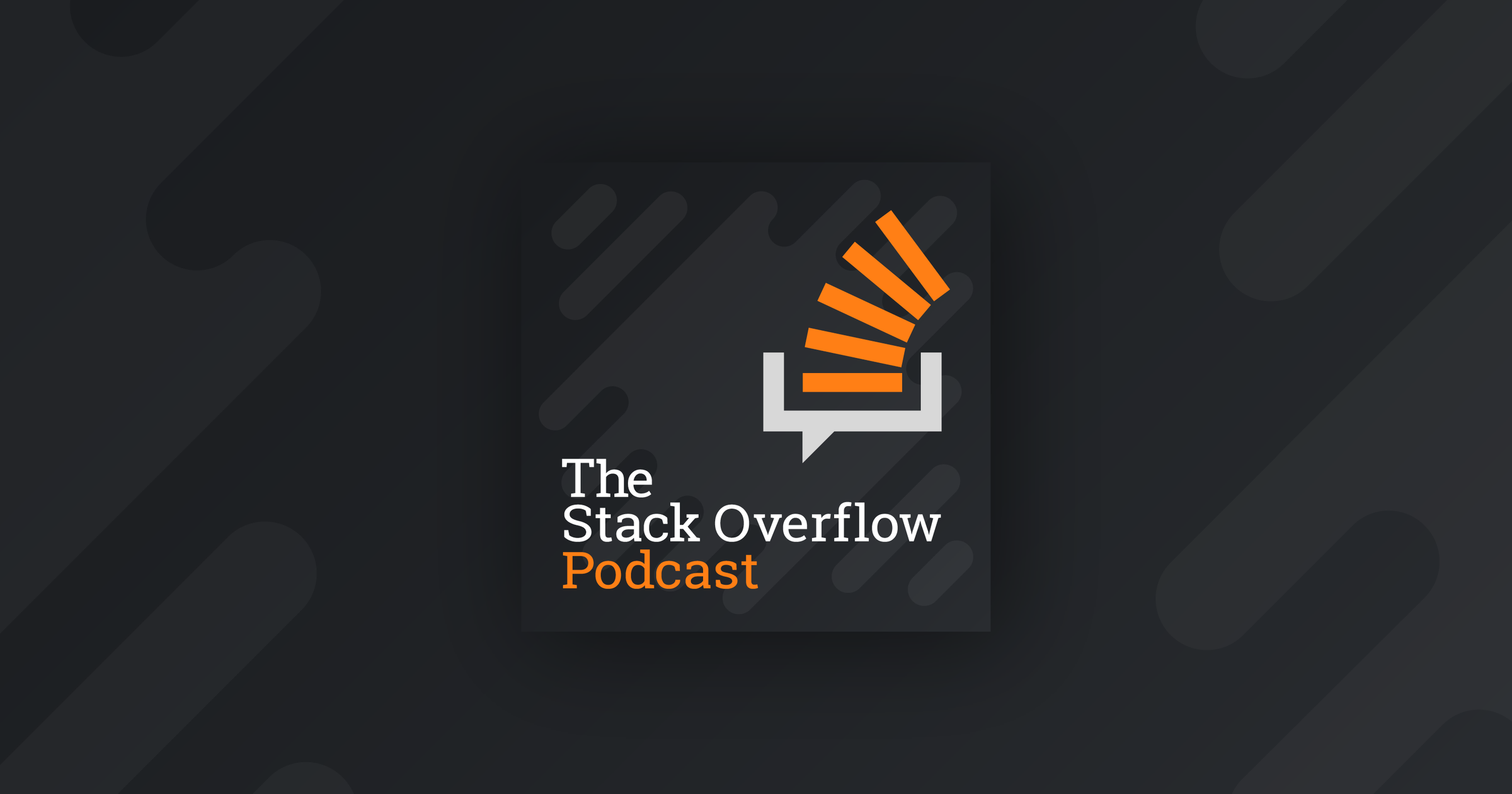Almost all software developers are being asked to work fully remote, and many companies are moving to keep this arrangement permanent. This raises a lot of new questions around taxes, legal liabilities, and compensation.
Episode Notes
A nice story on how to avoid the Nomad Tax Trap.
Got a lot of employees moving to Texas? The state is notorious for the number of patent lawsuits filed there, and having employees living in the area may expose companies to great legal liability.
If the work from home boom is here to stay, get ready for a lot of "cost-of-living" adjustments to follow.
Our lifeboat badge of the week goes to kd12 for explaining: How to get an element by its data-id in jQuery
